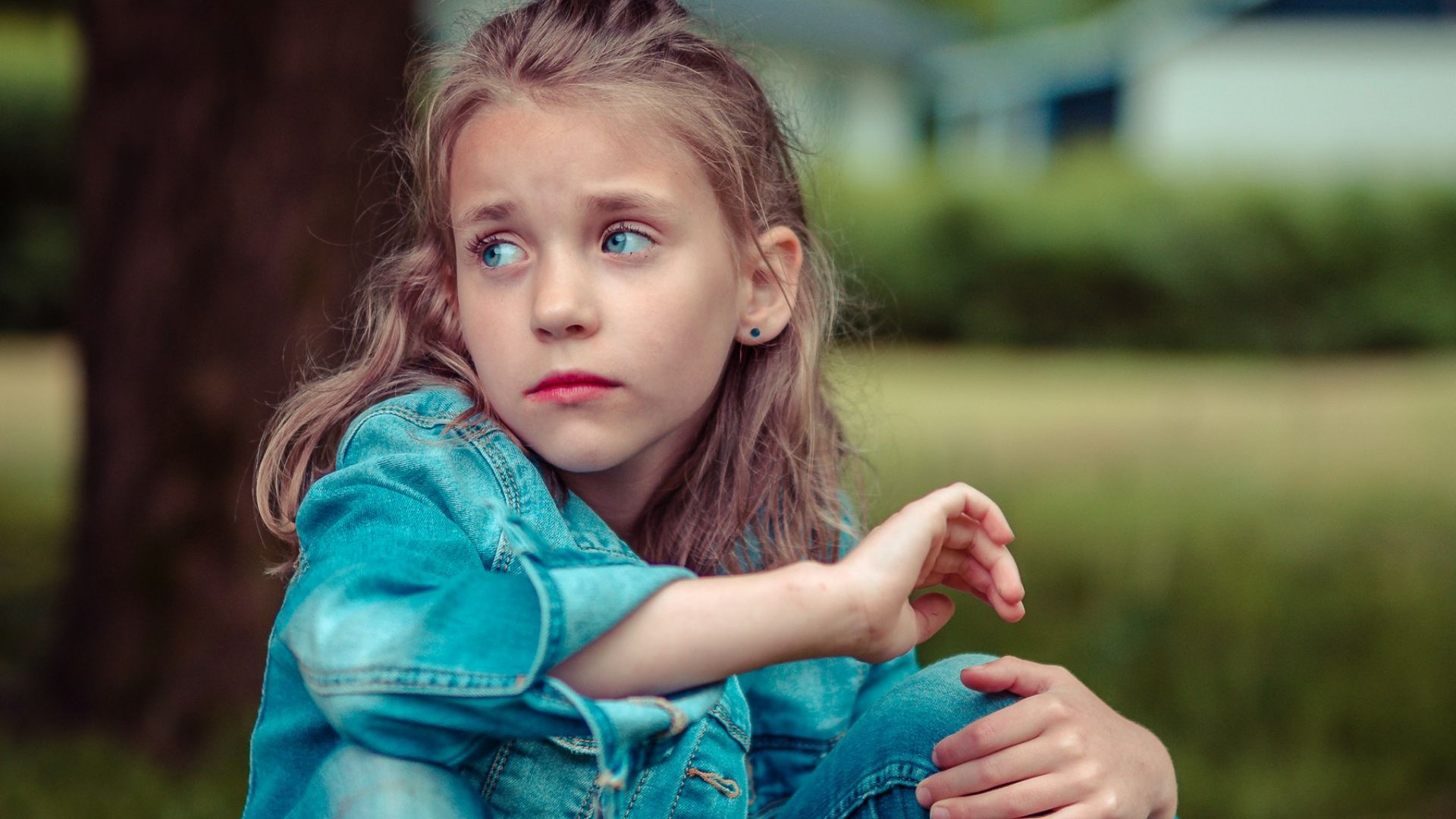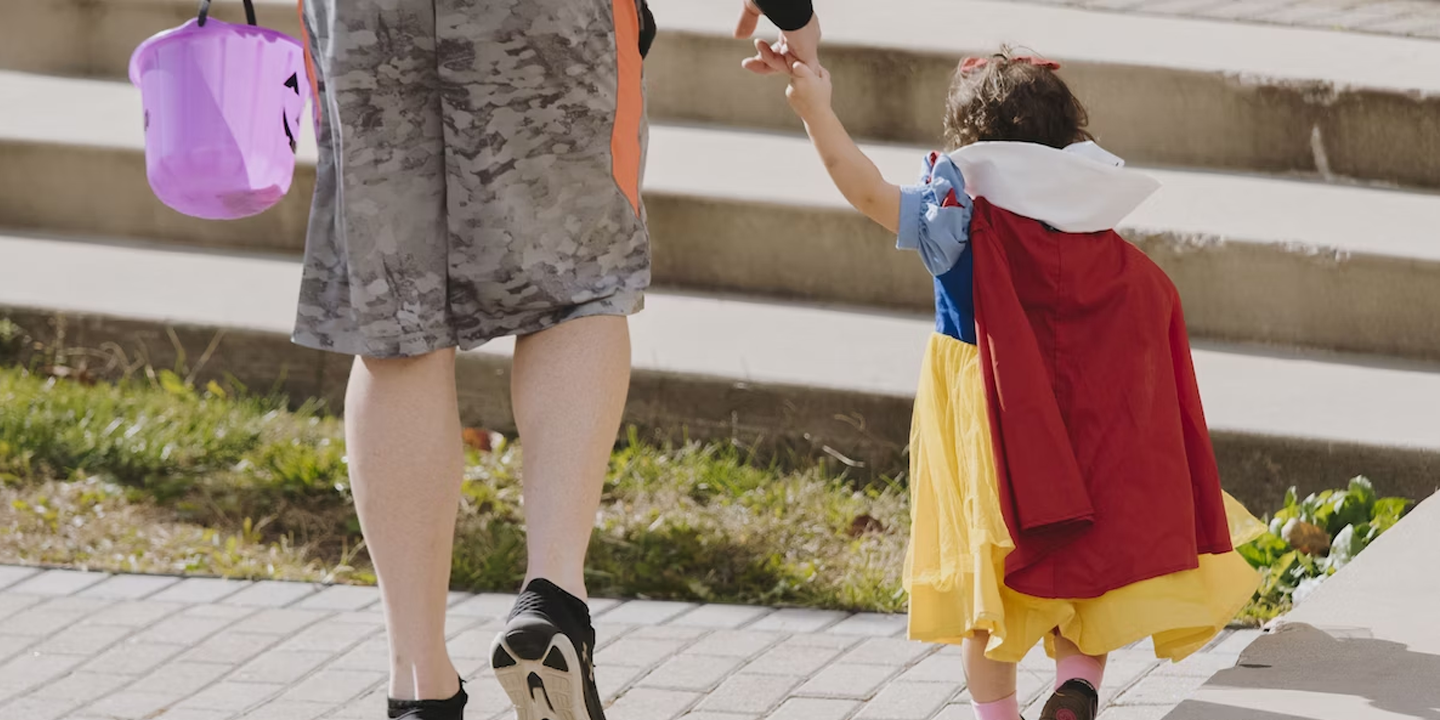Things That Mess Us Up As Kids
Whether it be through school or parents, kids are learning all sorts of things as they grow up. The reality is that these learned behaviors aren’t always for the best, and some of the advice kids get sets them up for failure. Did you hear these things growing up, and if so, did they do more harm than good?
1. Dream Job
Many children grow up hearing if they find a job they’ll love, they’ll never work a day in their life. As adults, we know that’s not the case. Sometimes our dream jobs are mentally exhausting and may require lots of schoolwork. There’s also the reality that these jobs might be very competitive and oversaturated, leading to kids growing up struggling to find a position.
2. Ignore The Bullies
As adults, we know that you can’t just ignore bullies. Usually, it just teaches the bully that they can get away with giving you a hard time. Instead, it’s better to teach kids to stand up to these bullies and defend themselves, or to seek out an adult to help.
 La Fabbrica Dei Sogni on Unsplash
La Fabbrica Dei Sogni on Unsplash
3. Don’t Question Your Elders
Kids are often taught to respect authority and go along with things “just because.” This leads to them not asking questions because they assume the other person is allegedly wiser. This can lead to problems when they grow up, as authority figures may abuse their powers, and officials need to be questioned.
4. Being Wrong Is Bad
When it comes to questions, there are right and wrong answers. Similarly, there’s the right side of the debate and the wrong side. When kids are taught that being wrong is bad, they’ll defend their position to the bitter end even when they shouldn’t. Being wrong is just part of the human experience and accepting that opens their mind to a variety of sources and thoughts.
5. He’s Mean Because He Likes You
This one applies to girls but can also apply to boys. Either way, many girls are told that a boy might bully them because they like them. This is a dangerous precedent, though, because it teaches girls to expect and accept bad behavior from the boys and men in their lives.
6. No Is A Bad Word
Many parents may teach their kids to never say no to an adult because it may be considered rude. However, the inability to say no puts your kids in vulnerable positions. If they take this habit into adulthood, they may struggle to reject bad behavior and may be taken advantage of because they don’t want to be rude.
7. It Gets Worse From Here
Oftentimes, parents and adults will downplay the issues facing teens and children. They’ll say things like “Enjoy school, it only gets worse when you grow up.” Emphasizing the importance of bills and responsibilities is fine, but it’s important to acknowledge the issues facing young people as well. Otherwise, the kids may just feel alone.
 Photo By: Kaboompics.com on Pexels
Photo By: Kaboompics.com on Pexels
8. Social Media Success
Being popular on social media is the new “popular in high school” trope. Kids are exposed to so many brands and influencers that they see it as the only way to become important. This can be quite dangerous, especially if kids are exposed to these things early on and are given too much phone time.
9. Punishing Failures
Many kids are taught that it’s not okay to fail. For example, they may get scolded for a lo grade or get that disappointed look when they don’t make the team. Failure is a part of life, and if kids are too afraid to fail, they won’t try new things or develop into their own people.
 Cytonn Photography on Unsplash
Cytonn Photography on Unsplash
10. Include Everyone
The idea that you should include everyone in hobbies, activities, and playtime comes from a kind-hearted place. However, this can put pressure on kids to accept bad behavior. For instance, maybe one kid is known to cheat at tag, or another is known to cry whenever they lose. Instead of forcing your kid to accept their actions, it’s more important that these kids take accountability and learn to play properly.
11. What To Think vs. How To Think
Lots of children are simply told what to think and are expected to inherit their parents’ worldviews and beliefs. It’s far more important to teach kids how to think and allow them to achieve their own conclusions. Nurturing this desire to learn and think critically can help them develop into capable and competitive adults.
12. Complaining Is Ungrateful
It’s easy to see how complaining can come across as sounding ungrateful. But this teaches children simply to hold their tongue and let people get away with things in order to save their feelings. That’s why children should be taught that it’s okay to complain sometimes, although they shouldn’t expect perfection either. However, complaining can open up opportunities for discussion, which can help them in their adult life.
13. Sheltering Lies
For parents, it may sometimes be easier to tell a kid a white lie than explain that their dog has passed. While these answers can help placate emotions, they leave kids with an inability to understand and process deeper emotions. These kids will end up growing up not knowing how to deal with intense situations.
14. Opinionated Enemies
Children are also being taught that if someone shares a different opinion from them, then they must be hated. Similarly, there’s the idea that disagreements are arguments and that backing down would be wrong. Instead, kids should be taught not to internalize these feelings and have healthy debates in order for both parties to grow.
 Tingey Injury Law Firm on Unsplash
Tingey Injury Law Firm on Unsplash
15. No Back Talk
Kids are also taught to just accept things that are told to them, especially when it’s a parent or teacher saying so. But without “back talk,” the kids will not be able to engage with topics or practice their debate skills. Challenging ideas is an important part of learning and can help children learn how to ask smart questions and raise their own valid points.
16. Sympathize With Bullies
There’s probably some truth to the idea that bullies are bullies because someone is bullying them already. With this in mind, parents may encourage their kids to sympathize with bullies. But this leaves kids vulnerable to angering the bully or might dissuade them from fighting back and defending themselves.
17. Being The Bigger Person
You’ve probably heard this phrase before: “She’s younger than you, just let it go.” Or “Can’t you act your age? He doesn’t know any better.” Lots of adults use age as an excuse for dismissing bad behavior. This teaches kids to let younger people get away with mistreating them and leaves them vulnerable. Plus, it’s important for kids of all ages to set boundaries and not let someone get away with crossing theirs just because they’re younger.
18. Good Always Wins
While there’s nothing wrong with believing in good and justice, there is something called the just-world fallacy. It’s the idea that good always wins, so when bad things happen, it’s the victim’s fault. This thought process can lead to victim-blaming and set people up for depression. Remember that other saying? “No good deed goes unpunished.”
19. You Can Be Anything You Want
The idea that you can be anything you want in life is encouraging for kids and may push them to strive for their goals. But it’s just not realistic and can lead to immense sadness when they fall short. Sure, they can pursue that medical degree, but they might have to rethink it if they fail chemistry class. Similarly, acting is a great passion, but they might want to find a side gig and not throw all their eggs into the auditioning basket.
20. What’s Not Being Taught
Kids are also not being taught many things, and that too is harmful. For example, schools don’t teach kids about personal finance or doing taxes. Likewise, some parents will skirt around puberty and physical development topics. Learning about these things is a crucial part of becoming an adult, and skipping them certainly doesn’t benefit the kids.
























